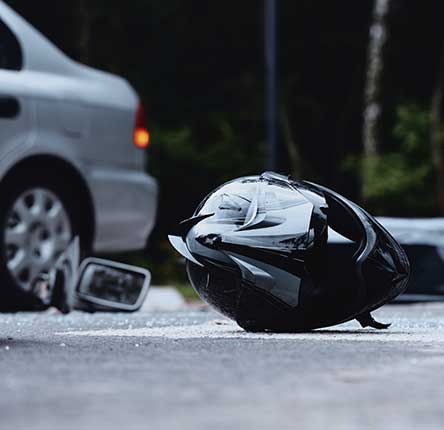The specific restrictions and regulations for motorcycle modification in the United States may vary depending on the state or municipality in which the motorcycle is registered. However, there are some common regulations that apply across many jurisdictions, including:
- Emissions standards: Many states have emissions standards that motorcycles must meet, and modifying the exhaust system or other parts of the engine could potentially impact emissions levels. Some modifications, such as removing the catalytic converter or muffler, may result in non-compliance with emissions standards.
- Noise regulations: Most states have laws that limit the amount of noise that a motorcycle can produce. Modifications that make a motorcycle excessively loud, such as removing the muffler, may violate these laws.
- Safety requirements: The federal government has established safety standards for motorcycles, which include requirements for lighting, brakes, and other components. Modifications that compromise the safety of the motorcycle, such as removing the front brake, may be illegal.
- Licensing and registration: Some modifications may impact the classification of a motorcycle, which could affect the licensing and registration requirements. For example, modifying a motorcycle to be classified as a custom or kit bike may require additional registration steps.
In the United States, licensing and registration requirements for modified motorcycles may vary depending on the state in which the motorcycle is registered. However, there are some general guidelines that apply in most states:
- Custom motorcycles: If a motorcycle has been extensively modified, it may be classified as a custom motorcycle. In some states, custom motorcycles require additional registration and inspection requirements beyond those of standard motorcycles.
- Kit motorcycles: Kit motorcycles are assembled from a kit and may have modified or custom parts. These motorcycles may also have additional licensing and registration requirements beyond those of standard motorcycles.
- Safety inspections: Some states require safety inspections for motorcycles, particularly those that have been modified. These inspections may cover the motorcycle’s lighting, brakes, and other components to ensure that they meet safety standards.
- License endorsement: In most states, riders must have a motorcycle license endorsement on their driver’s license in order to legally operate a motorcycle. To obtain this endorsement, riders typically must pass a written and/or road test. Some states may have additional requirements for riders of modified or custom motorcycles.
It is important to consult with a qualified mechanic or other professional before making any modifications to your motorcycle and check with the Department of Motor Vehicles (DMV) in your state to determine the specific licensing and registration requirements for modified motorcycles. Failure to comply with these requirements could result in fines or legal penalties.
If you have been fined, cited or charged related to a motorcycle modification, contact us to have one of our network attorneys provide a FREE consultation.






